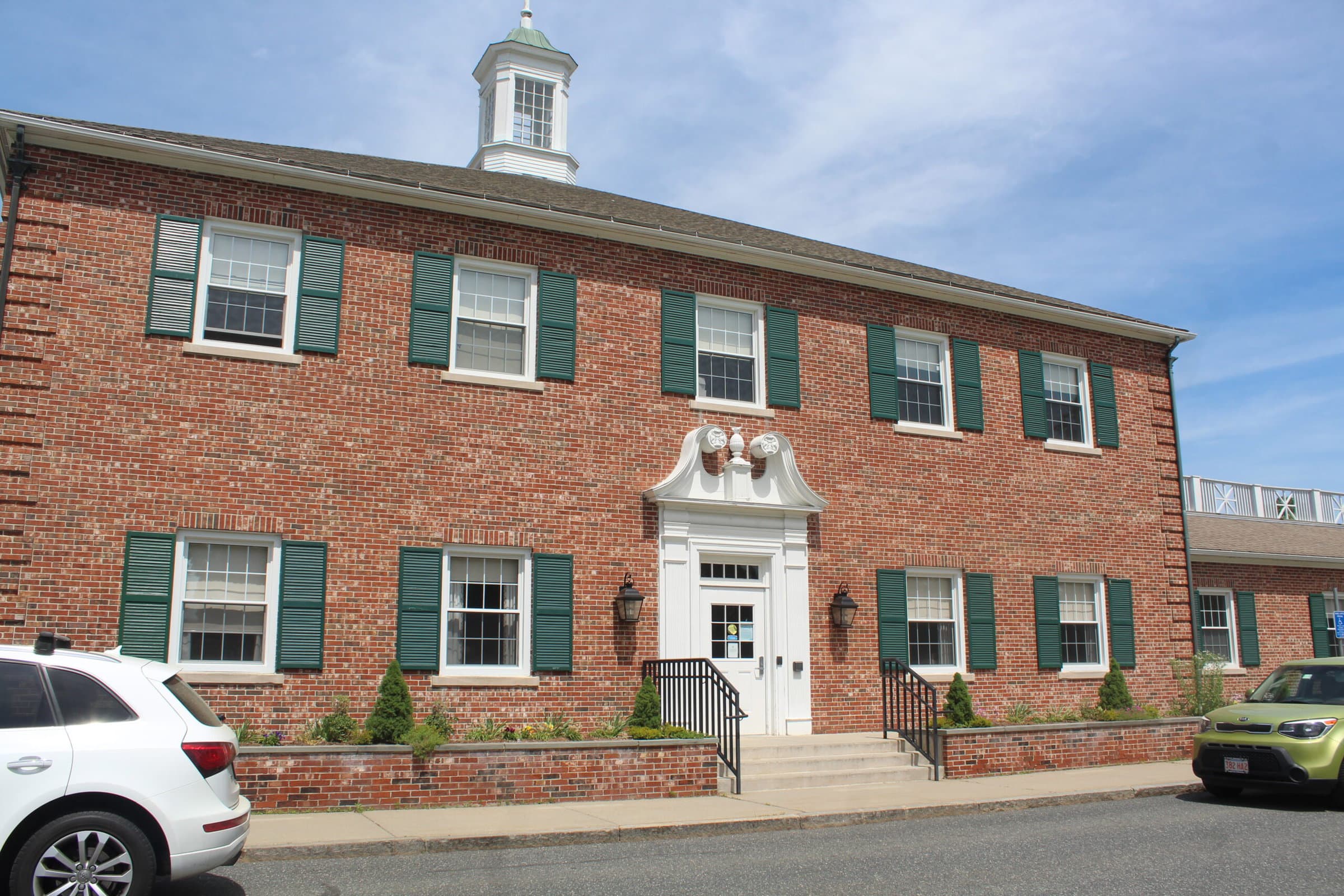
SHREWSBURY – After the state Supreme Judicial Court struck down Southborough’s “civility code” for its public comment sessions, other local boards are now making changes to their policies on public comments to avoid liability.
One of the first boards to do so was the Shrewsbury Select Board, which voted unanimously at its March 28 meeting to change the wording of its public comment policy, at the urging of town counsel.
In March, the court handed down a ruling in Barron v. Kolenda, a case that had its genesis back in 2018. According to the decision, Louise Barron had objected to open meeting law violations and other actions during the public comment period.
During the meeting, Barron was accused of violating the Select Board’s public comment policy and was threatened to be removed from the meeting.
The Supreme Judicial Court ruled that Southborough’s public comment policy was unconstitutional.
“At a public comment session in a meeting of the board, a resident of the town thus clearly has the right to accurately complain about violations of the law committed by town officials and object to other town actions, including its spending practices, and to express her views vehemently, critically, and personally to government officials involved,” the decision reads.
Among municipal governments, the ruling created a ripple effect across the Bay State.
In the case of Shrewsbury, it was less than 12 months ago that the Select Board adopted its public comment policy. The wording was crafted by board members Beth Casavant and Moe DePalo. It was approved in June.
Under the terms of the policy, the board chair, or interim, had the right to rule that someone is out of order for reasons including, but not limited to, speaking out of order, expressing obscenities, threats or inflammatory words or engaging in other disorderly conduct during a meeting.
Also under the policy, the public comment period was not to exceed 15 minutes with comments being limited to three minutes per person or group.
Under the new policy, approved on March 28, “Civility is encouraged when addressing the Board during public comment.”
A second section of the policy has been rewritten to focus on actions covered by the standard open meeting rules. The chair will have the right to rule that a person is out of order if they speak out of order, engage in disorderly conduct or attempt to address a topic outside of the board’s scope of authority and responsibility.
“I think we were informed by town counsel of the changes that needed to be made to the policy,” said Casavant. “I don’t think we have any other option than to abide by them.”
“I believe in the residents [of Shrewsbury] to be civil,” said board member Theresa Flynn.
“Otherwise, we’re going to have some interesting meetings,” added DePalo.
The time limit of three minutes per person and total public comment time of 15 minutes are still in place.
RELATED COMMENT
















